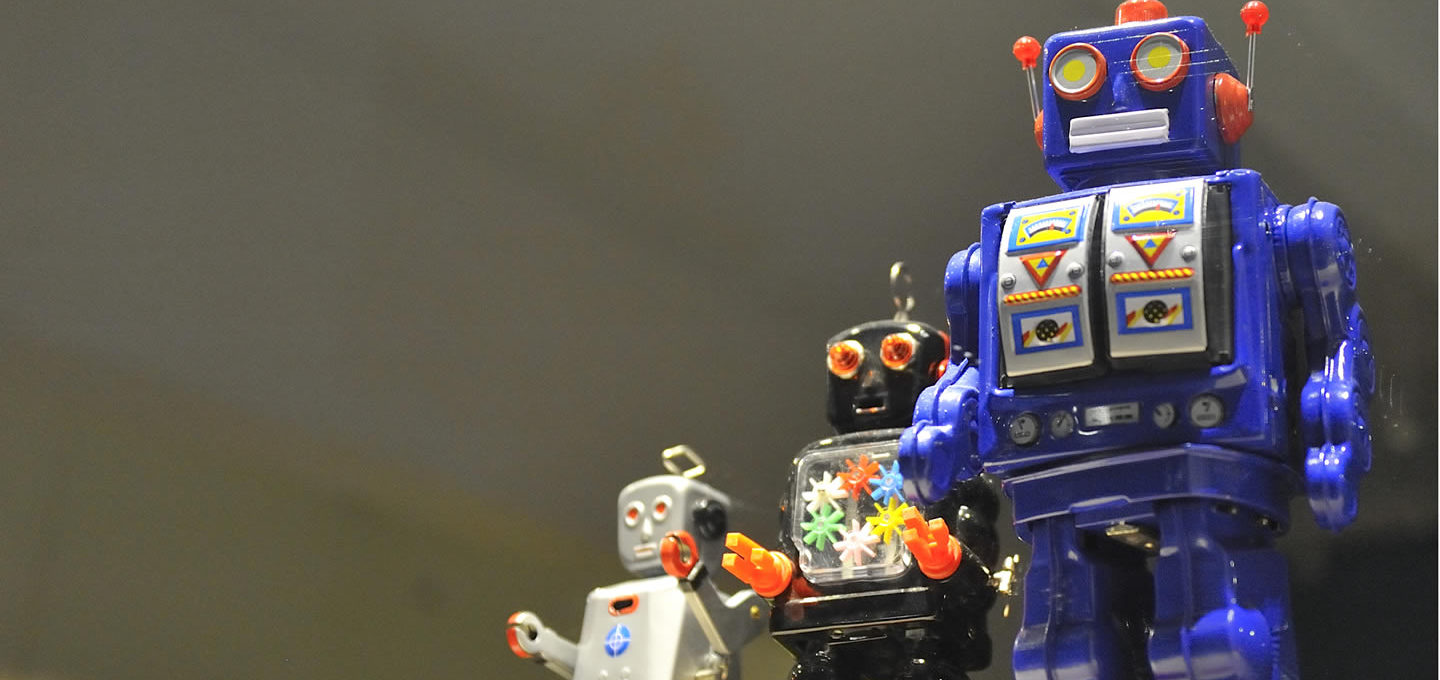The use of robots has been rampant over the past decade. With the many industries opting for robots to improve their businesses, robots have transformed the business landscape.
The food industry has not been left behind. Robots are now being hired as bartenders and chefs among other roles. The robots have proven to be efficient, productive, and faster when offering services.
The benefits they offer business owners have been immense; from improving customer satisfaction to increasing profitability.
With so many changes happening in the food industry, below are four significant transformations caused by robots.
1. Improved product and service quality
In the food industry, the quality of your food determines how well you perform in the market. You, therefore, have to ensure that you produce the best to keep your customers.
Human workers are more likely to deliver poor quality products or services when they are tired or bored. However, robots don’t get tired or bored from work. They, therefore, provide quality food at all times.
During packaging and sealing, the robots are more accurate compared to humans. They can seal and package your products with minimal losses of raw materials.
Irrespective of the designs and shapes of your products, investing in the right industrial robots for sale will ensure that you deliver the best quality products in the market.
2. Increased productivity
Robots are known for their speed, efficiency, consistency, flexibility, and convenience. Since they are faster than most workers, they allow food industries to provide more products in a short time.
They are also perfect for repetitive tasks that may be deemed tedious or menial by human workers. Tasks such as picking and packaging or bundling products will be done effectively by the robots while maintaining the highest quality on each product.
The robot’s ability to work 24/7 with minimal maintenance and surveillance means that the busy season is no trouble for you. You can meet the market demands on time.
Also, robots can be suitable replacements for workers whenever you are low on labor workforce. They can be reprogrammed easily to complete various tasks simultaneously.
3. Food and worker safety
‘Man is to error’ is a relevant quote in this field. This means that workers may easily contaminate your products and result in significant losses for your company.
Whenever there is a fault in one of your machines, or even a wrong combination of raw materials during the processing, the products will be contaminated.
Food industry owners are therefore opting to use robots. Since they work based on their programming, the robots will follow their programs to the latter and thus limit the chances of human contamination.
The robots can also work in dangerous and hazardous conditions. Places with freezing temperatures or even low oxygen levels can be assigned to robots.
Areas with sharp objects and other dangerous equipment can be set aside for the robots while the workers work in safe environments.
This ensures that the workers are happy with their working conditions and hence allows them to work better and improve productivity.
It also helps reduce the lawsuit charges and health bills for you and your workers, respectively.
4. Enhance innovations
By using robots to carry out the repetitive tasks and also work in the dangerous parts of your industry, workers get time to think about better ways of improving efficiency. As a result, employees become more creative and innovative.
The robot’s flexibility also allows you to come up with ways on how to diversify your range of products without incurring too many costs.
Using collaborative robots will also help improve the worker-robot relationship. With good relations, the employee can improve their efficiency.
Conclusion
There are numerous other ways in which robots are changing the food industry. However, improving quality, productivity, assuring more worker safety, and promising innovations is the most significant transformation in this industry.
Unlike in other industries, robots are relatively new to food industries, and therefore, we expect to see even more changes in the coming days.
Photograph by Rog01

